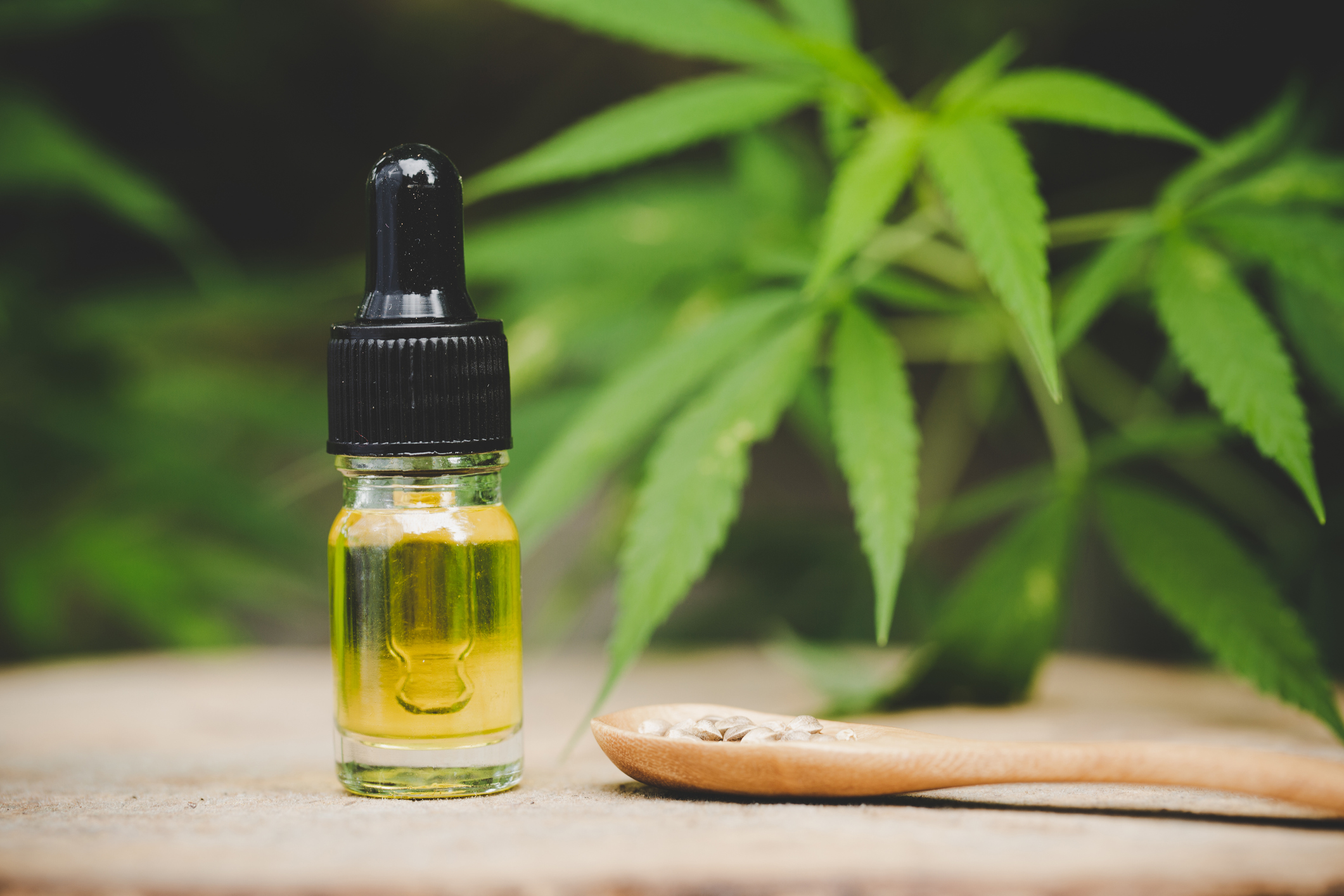
Medical marijuana can be useful in treating a variety of conditions. Here, we'll look at a few of them, including Epilepsy, Tourette's syndrome, and Anxiety. Hopefully you will be able to make an informed decision regarding medical marijuana.
Anxiety
A number of advantages can be derived from medical marijuana for those suffering from anxiety. Anxiety can make it difficult to achieve important goals in life, such as higher education, household responsibilities, or career goals. Anxiety symptoms can be caused in many different ways. There are however, several effective treatments.
Tourette's syndrome
Although medical marijuana is not yet legal in the United States for recreational use, many studies show it has therapeutic potential for Tourette's patients. The disorder causes unpredictable and repetitive movements that can cause seizures or tics. These symptoms can sometimes be reduced or eliminated depending on the individual.

Depression
Marijuana and depression are often linked, and the statistics prove it. People with depression are twice as likely than people who don't use marijuana to get high. The use of marijuana is on the rise in America, but this is more so for people who are suffering from depression. This may be because marijuana has been legalized and it is now easier to get. Additionally, marijuana may now seem safer since it is easily accessible to most people.
Epilepsy
It has been proven that patients with epilepsy can benefit from medical marijuana. According to estimates, cannabis can lower the severity and frequency of seizures in up to a third of epilepsy patients. The condition is estimated to cost the United States more $15 billion each year. It also affects more people than multiple Sclerosis, Autism and other neurological diseases. It also kills more Americans every year than breast Cancer, yet it receives only 20% of the research funding. Many epilepsy patients are drug-resistant, and they do not respond well to conventional prescription medicines.
Chronic pain
A growing number of people are turning to medical marijuana for their chronic pain relief. Although the benefits of cannabis are still controversial, preliminary research has shown that it can be beneficial in managing chronic pain. There has been a rise in interest in alternative treatment options, such as cannabis and psychedelics, due to the recent opioid epidemic.
Seizures
Cannabis has over 400 chemicals. THC and CBD are two of them. They both have potential to have beneficial effects upon various systems. These substances may be able to help prevent seizures. These compounds are found in highly concentrated forms of marijuana oil, and in small clinical trials, they have been shown to control seizures.

Pain relief
Recent research has shown that medical marijuana may be able to relieve neuropathic pain. This type of pain causes tingling or burning sensations. The research on this condition has been limited and more studies are needed.
Anti-inflammatory
Medical marijuana has many anti-inflammatory and therapeutic benefits. It can also help those with severe muscle spasms. It can also be used to treat mild muscle pain. It is used to relieve pain and treat conditions such as fibromyalgia or interstitial cystitis. Despite the legality issues that surround its use, marijuana has a long list of medicinal benefits.
Anti-tumor
Patients with cancer are finding medical marijuana to be an effective treatment. Recent research shows that medical marijuana can reduce nausea and vomiting caused by chemotherapy. It can also be used as a palliative in the treatment of cancer. But, more clinical research is needed to determine marijuana's antitumor benefits.
FAQ
How big is the global CBD industry?
According to Euromonitor International, the global CBD market was worth $US 3.5 Billion in 2015. This is an increase of more than 10% compared to 2014.
The report forecasts this figure to reach $US 6.4 billion by 2020, representing an average annual growth rate of 12%.
CBD products will make up around half of all products derived from hemp by 2020.
This includes CBD oils.
How does the price of CBD vary across different states?
Prices for CBD products depend on where you are located. The prices of CBD products can vary more than tenfold depending on where they are located.
Prices increase in the north. In Alaska, CBD is $35 per gram on average, while it costs $200 in Hawaii.
This trend is evident throughout the country. Prices range from $5 to over $2,500 per gram.
Why is this happening?
Price variations are due to the different levels of regulation. Some states require that CBD products contain no THC (the psychoactive ingredient of marijuana). Some states don't care how much THC is present.
Some companies will sell their products in one place and ship to another.
Is CBD a good idea to invest in?
The market for hemp-based products continues to grow as people become increasingly aware of their benefits. According to some estimates, there will be 1 billion dollars worth of hemp-based products in stores by 2022.
Market growth is expected to continue at a rate of more than 20% annually until 2020 when it will reach $2.5 billion.
Hemp oil can be found in many beauty and health products, including lotions, shampoos and lip balms, moisturizers and body butters.
A number of companies produce CBD-infused beverages, pet foods, dog treats, snacks, and other food items.
CBD is legal in all 50 states. However, this could change very soon. CBD is legal in all 50 states, but more research will be conducted to determine its potential uses. Businesses will have an easier time operating legally.
These are just a few of the many reasons CBD investment can be lucrative.
Can I use CBD during pregnancy?
It is not clear if CBD is safe for use during pregnancy.
However, the little information available suggests that CBD is unlikely to cause harm to the baby.
Pregnant women shouldn't take CBD unless they are advised by their doctor.
A recent warning was issued by the Food and Drug Administration about possible risks from CBD consumption during pregnancy.
According to the FDA, "there is some evidence that cannabis use during pregnancy may increase the risk of miscarriage."
The agency stated that further research is required before a firm conclusion could be drawn.
Statistics
- HR −16 mmHg; 95% CI −26, −6; I2 = 92%) (ncbi.nlm.nih.gov)
- CBD seems unlikely to directly influence sleep in healthy humans [115] (and maybe “sleep-promoting” in those with certain comorbid conditions) (ncbi.nlm.nih.gov)
- As a substance that was federally illegal before the passage of the 2018 Farm Bill, hemp-derived cannabinoids with no more than 0.3% THC still face a regulatory grey area. (forbes.com)
- The use of these products is likely to become even more widespread if the World Health Organization's recommendation that CBD no longer is scheduled in the international drug control conventions is adopted by the United Nations member states [201]. (ncbi.nlm.nih.gov)
- OralWhere HED is the human equivalent dose, and Km is a correction factor estimated by dividing the average body mass (BM) of the species (60, 0.020, and 0.150 kg for 11 humans, mice, and rats, respectively) and by its surface area (see: Nair et al. (ncbi.nlm.nih.gov)
External Links
How To
What are the major issues facing the CBD industry in general?
The market for CBD products is expanding at an astounding rate. However, there are still many challenges facing businesses looking to enter this space. These include a lack of consumer awareness, high cost of entry, limited access to capital, and regulatory uncertainty.
Many people are not aware of what CBD is, or how it functions. This means that consumers are unable make informed decisions about purchasing CBD products.
Many CBD companies depend heavily on word of mouth marketing. This is expensive because it requires paying for advertising and hiring staff to promote their brand.
High production costs are another problem facing new entrants in the CBD industry. It is very expensive to obtain the raw materials required for CBD products. To make CBD oil, hemp must be grown in certain climates and soil types.
It takes approximately $1,000 per acre to grow enough hemp to process into CBD oil. As a result, many small farmers cannot afford to start.
The lack of capital access is another obstacle new entrants to the CBD market face. Many people who want to start a business are discouraged by banks due to the stigma associated with the industry.
Finally, there is regulatory uncertainty surrounding the sale of CBD products. There are no established guidelines regarding the marketing of CBD products.
Although some states have passed legislation restricting CBD product sales, this has not become a national policy.
Only Nevada and Maine have so far legalized recreational marijuana.
Massachusetts and Michigan have considered similar measures.
These changes could result in increased competition between CBD manufacturer.
As a result of these factors, many entrepreneurs choose to work from home rather than start a physical business.